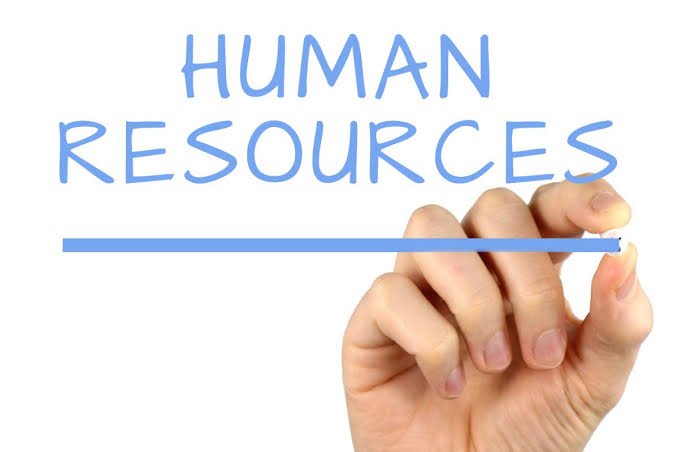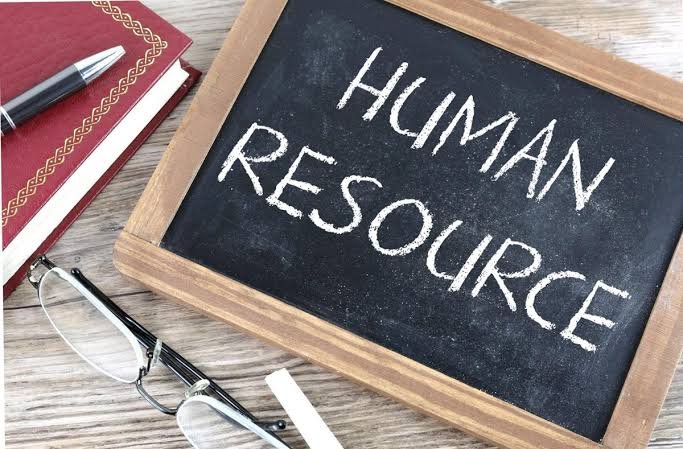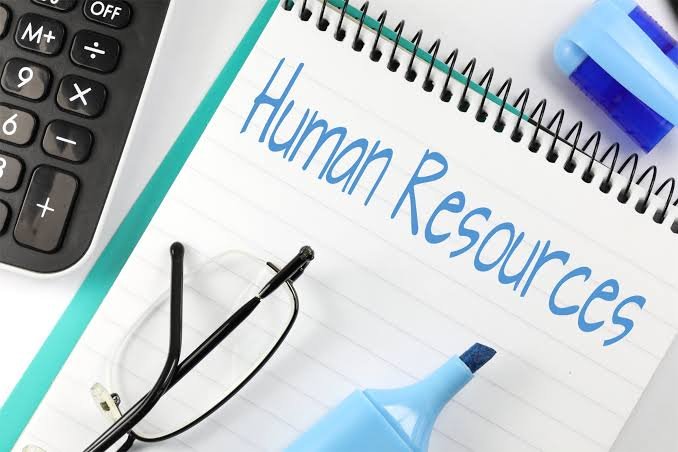Evolution and philosophy of human resources management


The problem of utilization of human resources starte from the time man, in order to feed himself, decided to for others. The need for Human Resources Manageme was felt in the 18th and 19th century also but at th commercial establishments were smaller in size, th complexities of running the organization were minimum an the owner himself was capable of taking care of every aspec of Human Resources Management. There was informality labour relations and the hopes and expectations of the workers were very few. In historical order the developmen of Human Resources Management presents an interesting tale of its active growth.
In the true sense the beginning of Human Resources Management is related to the beginning of the 20th century. In the second decade of this century Mr. Taylor laid the foundation of scientific management. Under scientific management responsibility of selection and training of employees was taken up by the management. During this the First World War was fought. During the First World War the process of recruitment, selection and tests started and to a large extent scientific elements were included in it. All this influenced and benefitted the commercial management also. In comparison to the 19th century, these days saw an increase in the influence of labour organizations in England and America and the sizes of commercial establishment was also increasing. In comparison to the previous centurythe complexities were increasing even then the sphere of Human Resources Management seemed bare. Nobody seemed to pay any attention to welfare of the workers.
In the third decade of this century the burden of
Human Resources Management shifted from the shoulders of the owner of the business on to those of the foremen and a foreman now became the centre point of all activities of this sphere. Training, security, wages and salary administration, motivation, work evaluation etc. were now being included in the area of Human Resources Management. It was during these days the mention of human relations in management was being made but not enough attention was paid to it. In India a Human Resources Officer was appointed by Tata Steel in the year 1923. In any big industry it was the first appointment of its type. Even in foreign countries appointments of workers experts for the help of the foremen were taking place.
After the third decade quick changes started taking place in this field. A few main reasons which sparked off a revolution in the area of Human Resources Management are general acceptance to the thought process of human relations, management of behavioural sciences, effect on science, coming to light of results of many tests, World War and the power of labour unions. For the first time. management experts started to focus on new subjects like job enlargement, management development etc. Maximum attention was given to collective bargaining and labour welfare. Government’s interest in this field could be seen by way of labour laws. Setting up of public sector industries gave a new turn to Human Resources Management in India. As in other countries government’s role did not remain limited to that of a third party between labour and management instead it came to the forefront as the largest investor but along with this inspired by the goals of the values and principles of socialism the government presented itself as an ideal employer and gave proper attention to the welfare of the workers. By the 4th decade of the 20th century professionalism and commercial angle had made their place in Human Resources Management. As a result changes in the objectives of the management also became visible. Now emphasis was being laid on a balance between labour welfare and production. Emphasis was also being laid on making labour related regulations more logical.
21st century is being regarded as a challenge for
Human Resources Management. The Human Resources Management now has multi-dimensional responsibilities. Over the period of time its scope has also increased. Problems like improvement in work conditions, openness in communication, balance between labour productivity and labour welfare, effective use of continuously changing techniques and resolving labour dissatisfaction issues loom large. An aware and enlightened Human Resources Management is necessary to solve these problems.




